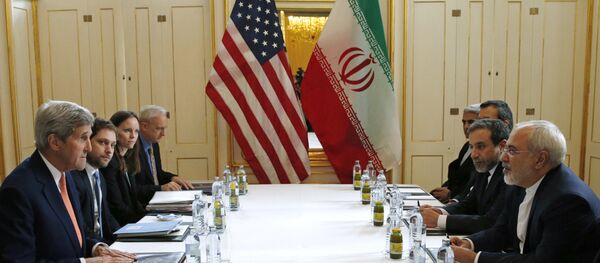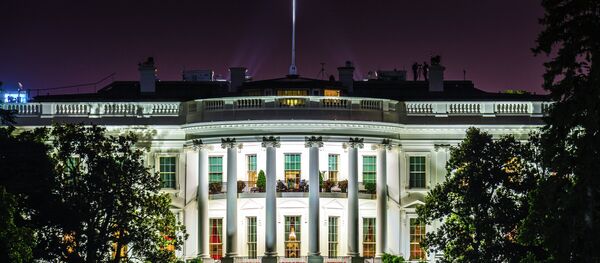“With regard to Iran's nuclear program, years of nothing but pressure and sanctions brought only years of an expanding program with ever more centrifuges spinning,” he writes in his article for The National Interest magazine.
“It was only through engagement, negotiation and compromise that the most strenuous restrictions on, and monitoring of, a national nuclear program that have ever been negotiated were achieved.”
With regards to China, he says, the Obama administration has committed a mistake in its policy toward China. He claims the administration's "Asia strategy has been to fear and combat nearly every move by China to flex its muscles."
A better strategy, he suggests, citing Joshua Kurlantzick of the Council on Foreign Relations, would be to “save opposition to China for those issues on which Beijing's behavior really does run up against important US interests”, using as an example what he calls the “unjustified Chinese attempt to stake vast territorial claims in the South China Sea”.
With regards to China, he says, it is cooperation on climate change and the negotiation of the Iran agreement, but the “handling of North Korea” probably tops the list.
With regards to Iran, beyond nuclear matters, the most “prominent current area of shared interest where cooperation is important is opposition to ISIS (Daesh) and similar violent Sunni extremism”.
Therefore, the author suggests, “the inclination to oppose the other state across the map gets the United States into costly and disadvantageous commitments”.
“It is as if schadenfreude were a US national interest. It isn't. The United States gains no benefit from economic weakness in Iran, China or elsewhere,” he concludes.
Besides, he says, US-imposed sanctions inflict direct harm on the United States itself.
Therefore, the author concludes, the US should be very careful in choosing its adversaries and its policies towards them.







